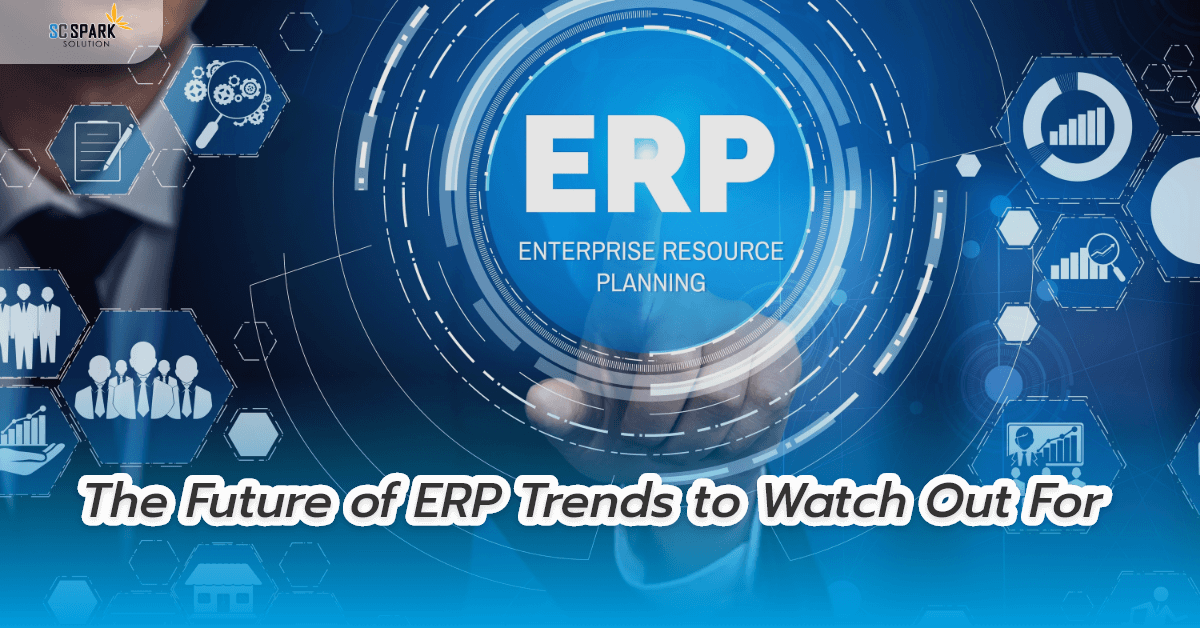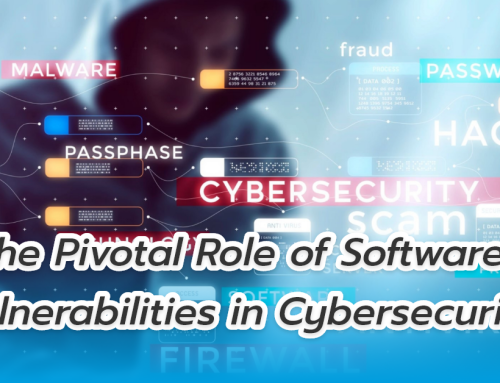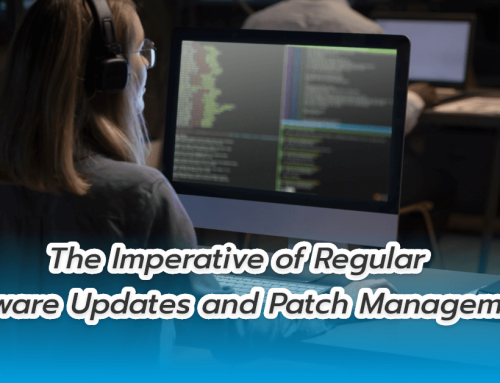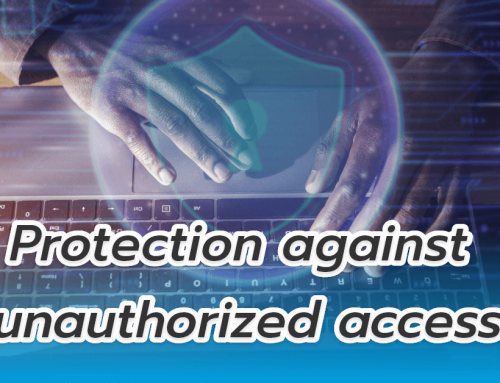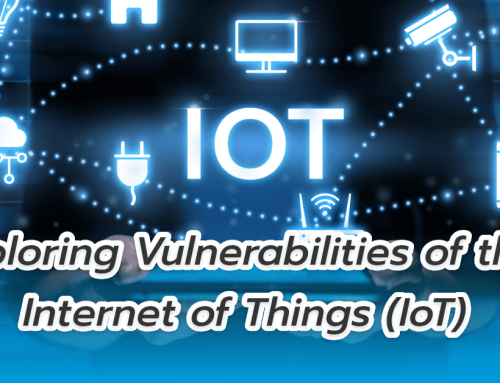The Future of ERP Trends to Watch Out For
The future of ERP systems is being shaped by several emerging trends and technologies. Here are some key trends to watch out for:
- Artificial Intelligence and Machine Learning
Predictive Analytics: AI and machine learning will continue to enhance ERP systems by providing predictive analytics, which can forecast demand, optimize supply chains, and identify potential risks before they occur.
Automation: AI will automate more complex processes, such as financial forecasting, demand planning, and human resources management, reducing the need for manual intervention and increasing efficiency.
- Cloud-Based ERP Solutions
Increased Adoption: More businesses will shift to cloud-based ERP solutions due to their flexibility, scalability, and lower upfront costs.
Hybrid Models: Hybrid ERP models that combine on-premise and cloud solutions will become more popular, offering businesses the best of both worlds.
- Internet of Things (IoT)
Real-Time Data: IoT devices will provide real-time data to ERP systems, improving inventory management, asset tracking, and predictive maintenance.
Enhanced Visibility: IoT integration will offer enhanced visibility into operations, allowing for more precise monitoring and control of business processes.
- Mobile ERP
Accessibility: Mobile ERP solutions will become more prevalent, enabling employees to access ERP functionalities from anywhere, improving productivity and decision-making.
User Experience: Focus on improving the mobile user experience will lead to more intuitive and user-friendly mobile ERP applications.
- Integration and Interoperability
APIs and Microservices: The use of APIs and microservices will facilitate better integration of ERP systems with other software and platforms, ensuring seamless data flow and process automation.
Unified Platforms: Businesses will seek unified platforms that integrate ERP with other business applications, such as CRM, HRM, and SCM, for a more cohesive and streamlined operation.
- Advanced Analytics and Business Intelligence
Data-Driven Insights: Advanced analytics and business intelligence tools integrated with ERP systems will provide deeper insights and more actionable data, driving better business decisions.
Self-Service BI: Self-service business intelligence capabilities will empower users to create their own reports and dashboards without needing IT support.
- Blockchain Technology
Enhanced Security: Blockchain will enhance the security of ERP systems by providing a tamper-proof ledger for transactions and data.
Supply Chain Transparency: Blockchain will improve supply chain transparency and traceability, ensuring the authenticity of products and reducing fraud.
- Customization and Flexibility
Low-Code/No-Code Platforms: Low-code and no-code platforms will allow businesses to customize their ERP systems more easily without extensive programming knowledge.
Agile ERP: Agile ERP systems that can quickly adapt to changing business needs and processes will become more popular.
- Focus on User Experience
Intuitive Interfaces: ERP vendors will focus on creating more intuitive and user-friendly interfaces to improve user adoption and satisfaction.
Personalization: Personalized user experiences, where the ERP system adapts to individual user preferences and workflows, will enhance productivity.
- Regulatory Compliance and Data Security
Compliance Management: ERP systems will increasingly incorporate features to help businesses manage regulatory compliance more effectively.
Data Privacy: With growing concerns about data privacy, ERP systems will implement stronger data protection measures to comply with regulations such as GDPR and CCPA.
- Sustainability and Green ERP
Environmental Impact: ERP systems will include features to track and manage the environmental impact of business operations, supporting sustainability initiatives.
Energy Efficiency: AI and IoT will help optimize resource use and reduce energy consumption in various business processes.
Conclusion
The future of ERP systems is set to be dynamic and transformative, driven by advancements in AI, cloud computing, IoT, and other emerging technologies. Businesses that stay ahead of these trends and adopt the latest innovations will be better positioned to improve efficiency, drive growth, and maintain a competitive edge in the market. By focusing on integration, user experience, and sustainability, ERP systems will continue to evolve to meet the changing needs of businesses across all industries.
For those of you who want to make an E-Commerce app, a shopping app or a Delivery app, we recommend SC-Spark Solution, an app making company. experienced With direct experience from Silicon Valley, being a company that develops more than 100 applications around the world, both custom and ready-made for you to choose from. If anyone is interested in making mobile applications or websites, you can contact here
Contact us at
Facebook : SC-Spark Solution บริการทำแอปพลิเคชั่น
“Nothing is impossible”


